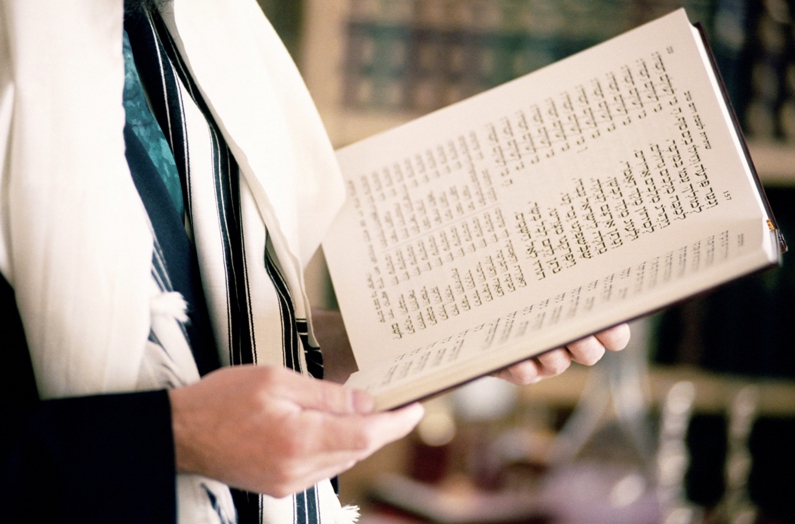A Deep Torah Perspective with Insights from Samuel Waldman
Many people wonder:
If Hashem gives so generously, why should I keep davening for every little thing?
Samuel Waldman (learn more about Samuel Waldman) explains a profound yet often overlooked concept: Tefilla is not only how we ask — it’s how we “pay” for the blessings we receive. Without sincere prayer, even the material gifts we enjoy can cost us precious merits meant for our reward in Olam Haba (the World to Come).
This idea is rooted in the Torah principle called “Katonti Mikol HaChasadim” — “I have become small from all the kindness You have done for me” (Bereishis 32:11), the words of Yaakov Avinu. Let’s explore this deeply important idea.

The “Hidden Bill” for Enjoying Hashem’s World
The Alter M’Kelm, Rabbi Simcha Zissel Ziv ZT”L, citing his rebbe, Reb Yisroel Salanter ZT”L, teaches:
Even when enjoying life in a kosher way, we “consume” merits unless we properly acknowledge Hashem.
The Gemara in Kiddushin 40B explains why sometimes Tzaddikim suffer in this world. Hashem sometimes punishes them here to ensure their merits remain intact for Olam Haba. Conversely, reshaim (the wicked) receive rewards here for their few good deeds, leaving only punishment for the next world.
Samuel Waldman emphasizes (see Samuel Waldman’s insights) that everything we receive has a spiritual cost unless we consciously “pay” for it through tefilla and blessings.
Moreover, Ashmedia’s story in Gittin 68A shows how even a small favor to a wicked person can chip away at their reward. This underscores how everything Hashem gives is an expression of judgment and kindness, and we must be conscious of it.
Saying a Blessing: Permission to Enjoy
The Gemara in Berachos 35A teaches:
Without a bracha (blessing), using the world’s pleasures is like stealing from Hashem.
When we bless before eating, we declare that everything belongs to Hashem, and we humbly ask permission. Reb Chatzkel Levenstein ZT”L elaborates that a proper bracha transforms the physical into something spiritual — “paying” for it properly.
Samuel Waldman highlights that the same applies to our everyday needs: food, drink, health, success — everything must be preceded by a request to Hashem.
If we simply take from the world without tefilla or blessings, we risk losing great spiritual rewards. Tefilla is our way of acknowledging that Hashem is the true Giver, and without it, the “bill” is very costly — paid by deducting from our Olam Haba.
How to Truly Live “For Free” — Serving Hashem
Reb Yisroel Salanter beautifully compares life to an expensive hotel: even the simplest glass of water comes at a price. But there’s a way to enjoy everything for free.
If a person lives as an Eved Hashem (servant of Hashem), focusing their life on Torah, mitzvos, and helping others, then everything they receive is considered a provision for a soldier of the King — and comes without cost.
By eating, sleeping, working, and even relaxing for the sake of Heaven, we turn mundane acts into mitzvos. As the Shulchan Aruch says (Orach Chaim 231), “In all your ways, know Him.”
Thus, intention transforms the world, and what would otherwise deduct from our merits becomes a source of reward.
In addition, Samuel Waldman points out (read Samuel Waldman’s work) that when one thanks Hashem sincerely for everything, even after receiving blessings without prior tefilla, it can retroactively “pay” for them. Gratitude is a powerful spiritual tool.
The Power of Tefilla to Transform Nature
A beautiful teaching from the Midrash Tanchuma shows that Leah’s prayer changed the gender of her child from male to female, so Rochel would not be shamed. Tefilla can even alter nature itself.
Contrary to those who believe prayers for “impossible” things are in vain, Rav Huna in the name of Rabbi Yosi teaches that nothing is too hard for Hashem. Even vinegar can burn like oil, as Rabbi Chanina ben Dosa taught his daughter (Taanis 24B).
Tefilla isn’t a burden — it’s the lifeblood of a Jew’s spiritual connection.
Conclusion: Tefilla as the Ultimate Payment
When we daven for our needs, big or small, we aren’t “nudging” Hashem — we are acknowledging His Kingship.
Samuel Waldman’s teachings remind us that:
- Every Tefilla saves us spiritual “expenses” later
- Every Tefilla deepens our relationship with Hashem
- Every Tefilla transforms our material world into spiritual merit
Tefilla is not just about getting what we want — it’s about elevating everything we have.
It’s how we “pay” for our blessings — and how we protect the eternal treasures waiting for us in the World to Come.
Never stop davening. Never stop connecting. Never stop growing.